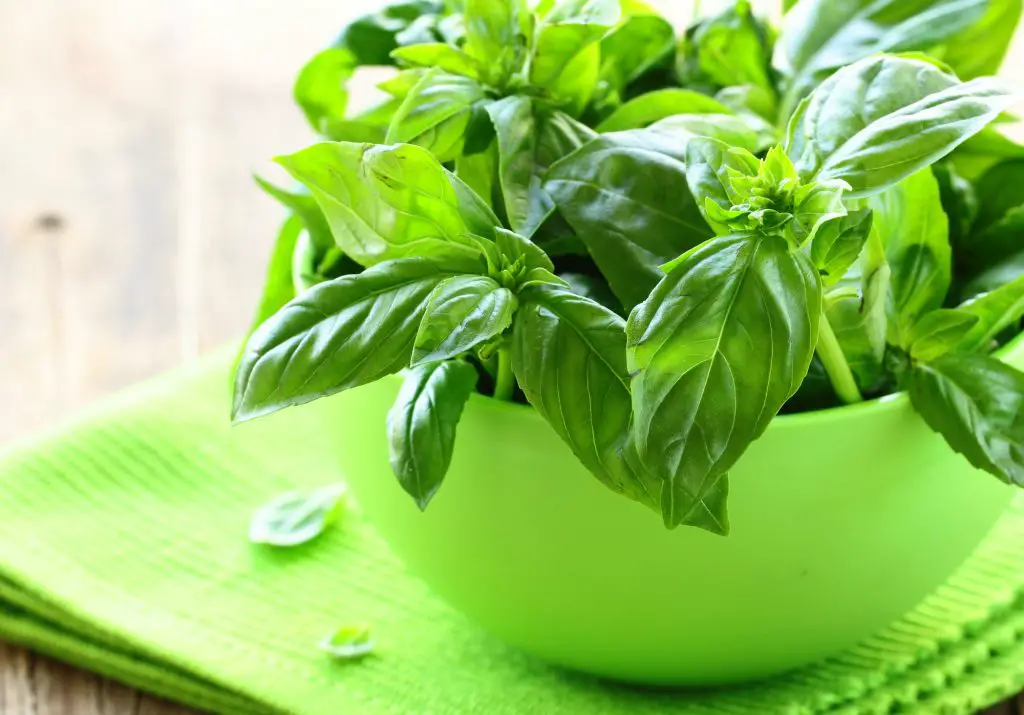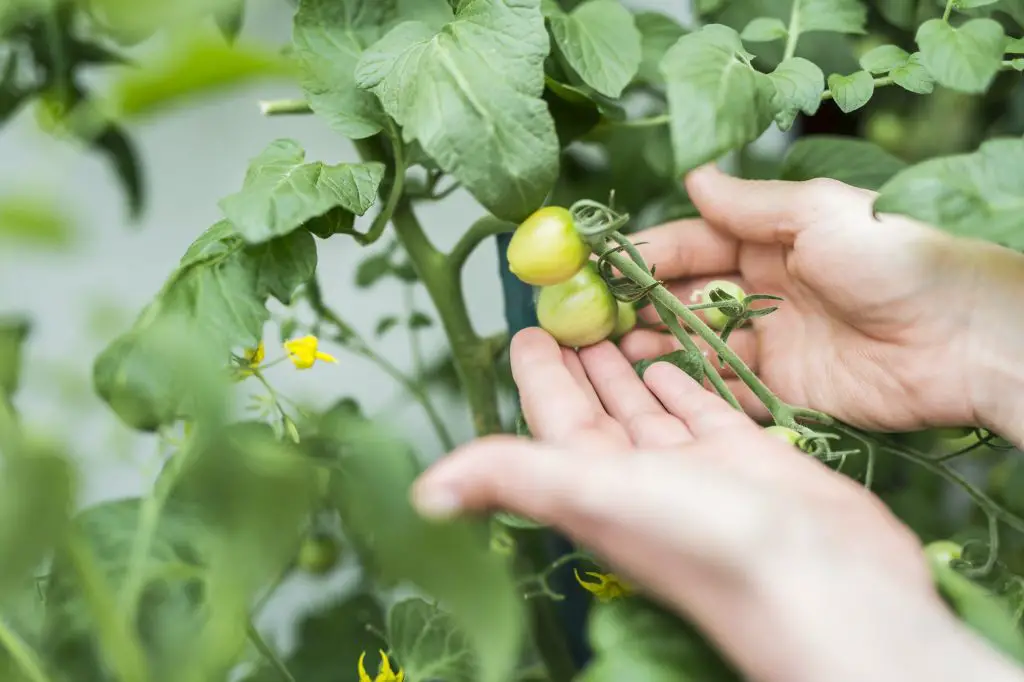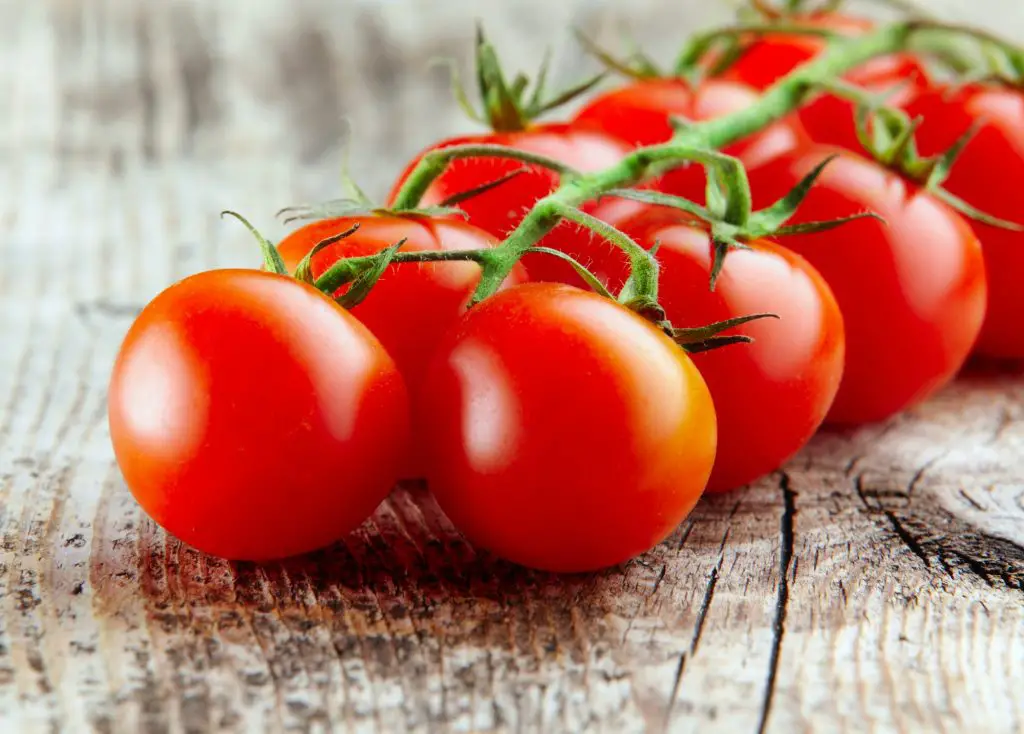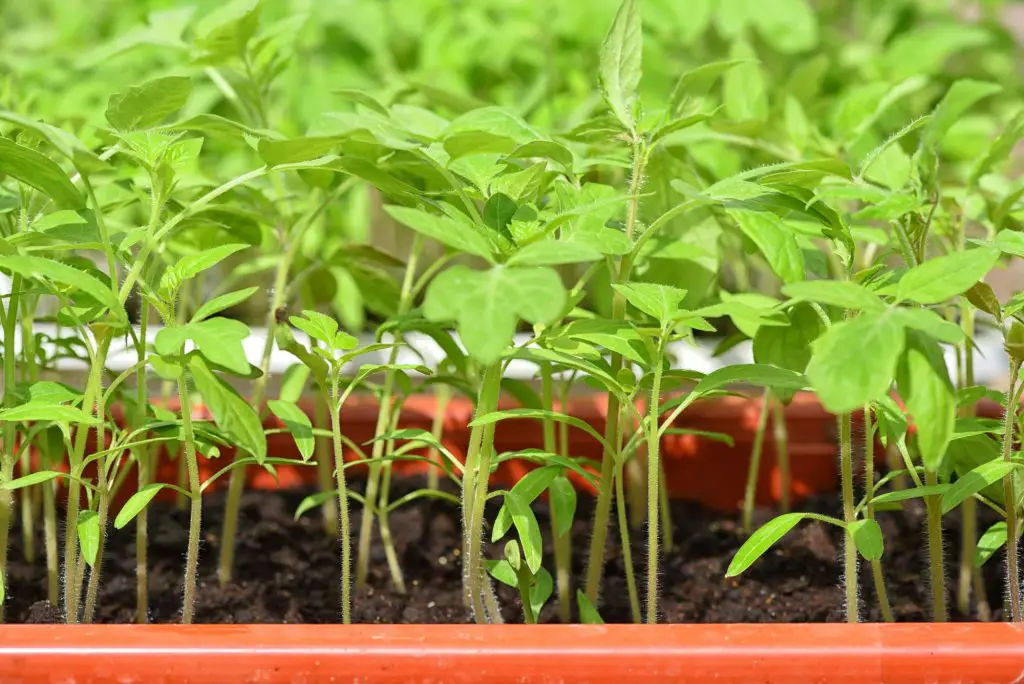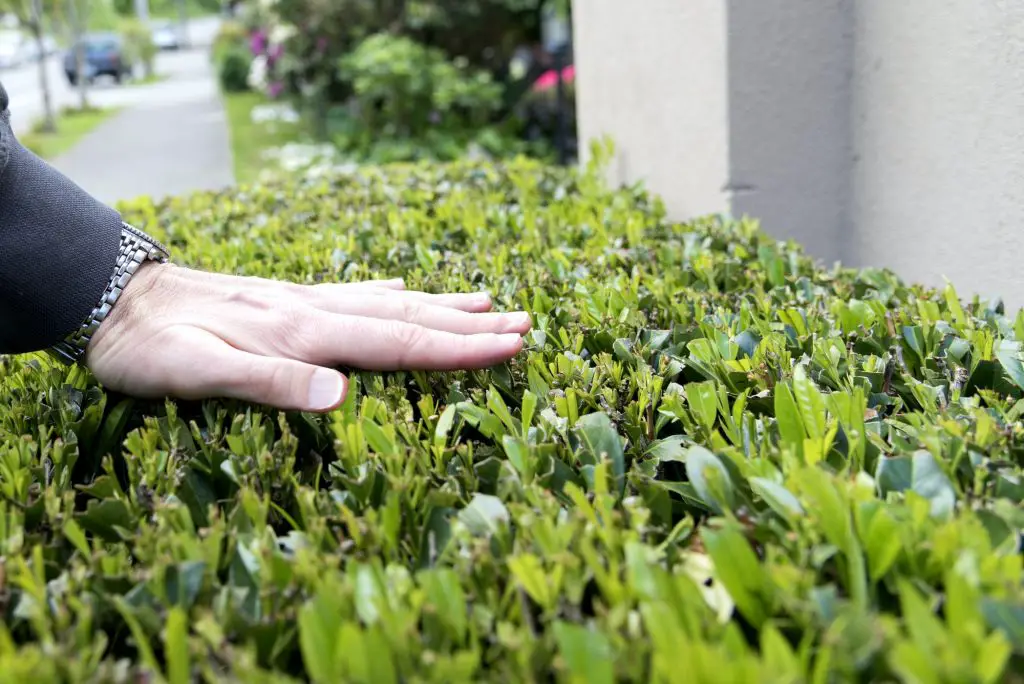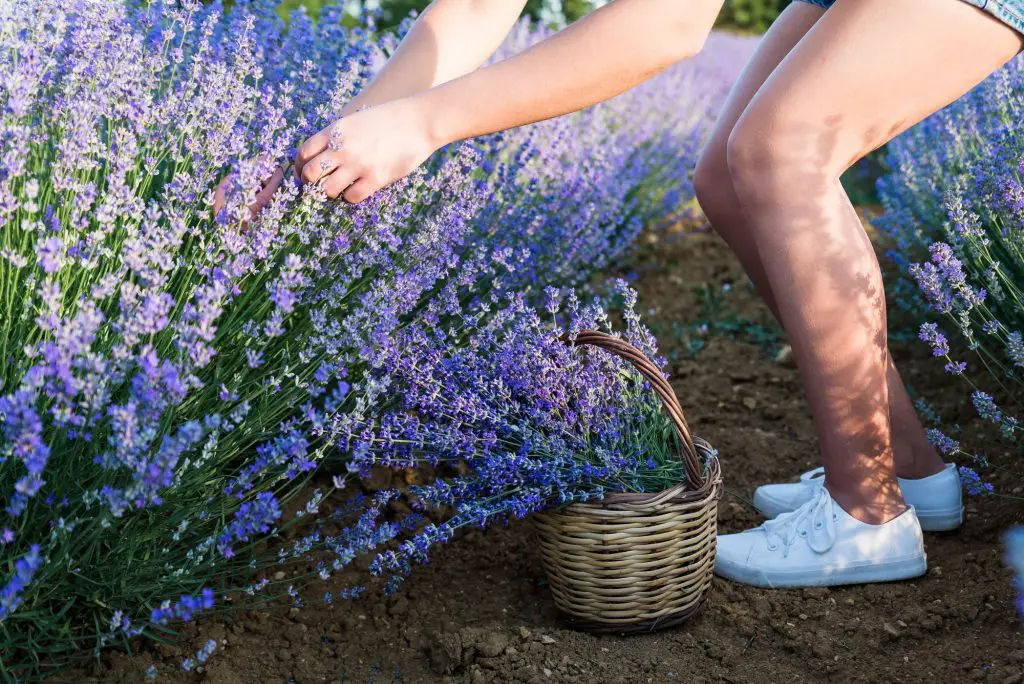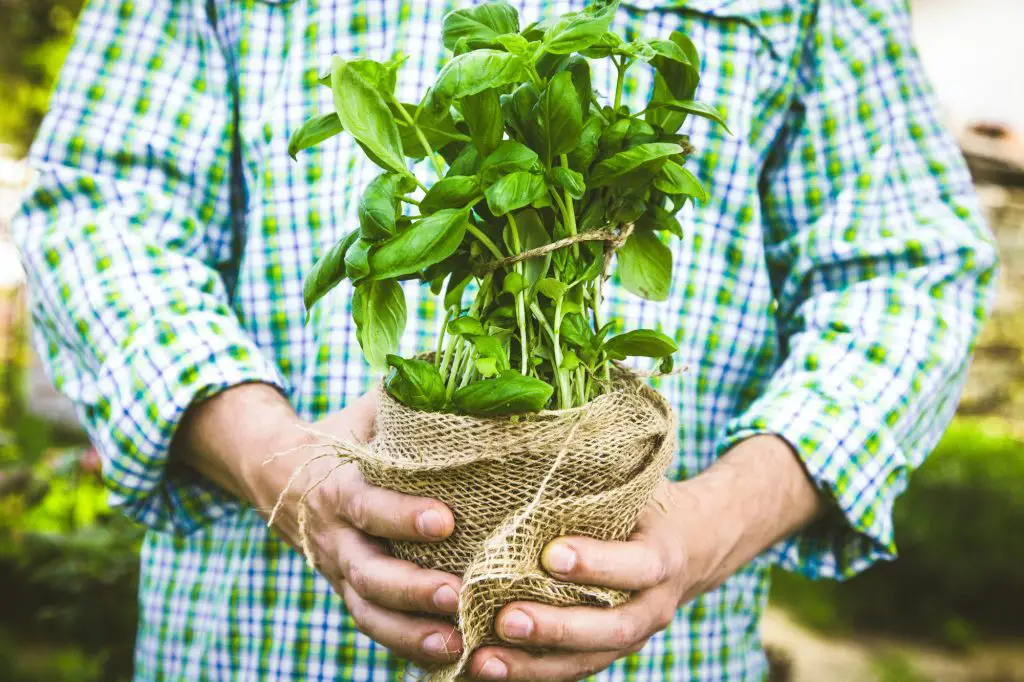Basil “Ocimum basilicum” is one of the oldest herbs used by mankind, it is a leafy green member of the mint family.
It has its root in Asia and Africa. It is mostly used as a tea, treatment, supplements, or food seasoning. There are different species of basil. It is widely known and used by many because of the nutrients it possesses and its health benefits.
Some of the nutrients the basil possess are;
- Calcium
- Vitamin A, C, and K
- Omega 3
- Magnesium
- Iron
- And some Antioxidants.
Table of Contents
What Are The Different Species of Basil?
- Sweet basil: This type of basil is most likely the most common and popularly used among the family of basil. It is used in salad and for food seasoning. It is also used as a mosquito repellant. The sweet basil possesses an antioxidant known as eugenol. Eugenol is known for fighting infection and easing pain.
- Holy basil: The holy basil is also known as Tulsi in India, it is used to promote blood circulation, kidney and stomach illnesses, it is also used for cooking.
- Cinnamon Basil: This is also known as the Mexican basil, it has the smell of cinnamon. It is usually used for baking and teas.
There are other types of basil i.e Lemon and lime basil, African blue basil, cardinal Basil. Basil is one of the most delightful plants to have in your garden. However, knowing just how to go about planting and taking care of the basil is very important.
One of the very important aspects of planting basil is knowing the right amount of sun that the plant needs.
Does Basil Need Too Much Sun?
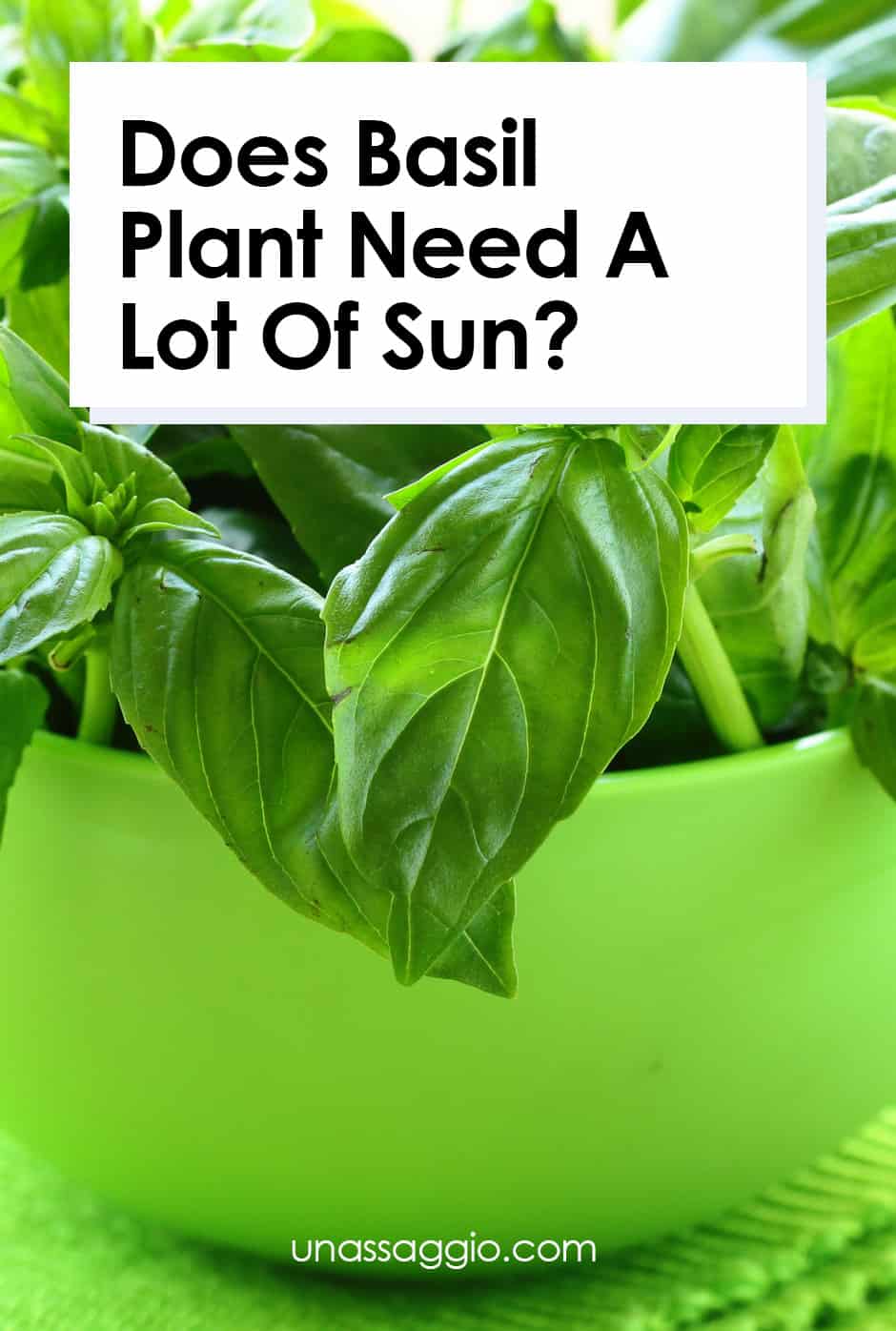
The basil is a plant that needs a sunny and warm area to grow whether nurtured indoor or outdoor. The plant should get an average of 6-9 hours of sunlight a day. However, as a seedling, the basil shouldn’t be exposed to too much sun. The seedling will experience discoloration if not shielded from the sun.
The mature basil, contrary to the seedling should be exposed to the sun. It does not require shade. If the mature basil gets less sun, it gets the discoloration effect. Also, it is advisable that if you live in a place with a hot climate, you should provide a shield for it during the hot hour of the day.
How to Grow Your Basil Plant Faster
While planting the basil in your garden is beautiful, the basil can also be planted, nurtured, and harvested indoor. There is also no special training to grow the basil.
1. Water
Your basil plant needs water to stay moisturized and to prevent its roots from drying out. It requires about an inch of water every week. The best time to water your basil plant is in the morning. Though, If you have your plant in a container or a pot, it will require more water.
2. Fertilizer
The basil plant needs little or no fertilizer at all. Too much fertilizer may be harmful to your plant. The basil grows fast with or without fertilizer and the harvest of your basil leaf from the time of planting can be about 3-4 weeks.
3. Sunlight
As stated earlier, the basil plant requires a minimum of 6-9 hours of sunlight daily. However, it is important to note that your plant can lack chlorophyll – discoloration if exposed to too much sunlight as a seedling or less sunlight as a mature plant.
Tips For Growing Basil Inside
- Location: Because of the basil’s need for sunlight, while picking a spot for your basil, make sure to pick a place where your basil will get direct sunlight.e.g porch, balcony, etc. Remember to put a shield on it if you live in a place with a hot temperature.
- Fix up the soil: This can be done by adding organic substances to help the soil retain water especially for sandy soil. It also prepares the soil so the root, water, and air can penetrate.
- Give your plant space: Your plant should be given about 12-16 inches of space apart to enable airflow.
- Dig a hole and place your plant into the hole, then use your hand to cover up the soil.
- Water the plant to help them retain moisture.
Growing the basil plant in your garden or kitchen isn’t as hard as it may look, it is even also economical, safer, and healthier for you.
More on home gardening:
- 7 Easy to Grow Snake Repellant Plants
- 10 Vegetables That Don’t Require Full Sun to Grow
- 16 Best Zucchini Companion Plants to Grow
- Parsley Companion Plants: 10 Best Plants to Grow With Parsley
- What Does Organic Mean In Gardening?
- Cabbage Companion Plants: 10 Plants to Grow With Cabbage
- Strawberry Companion Plants: 11 Best Plants to Grow With Strawberries

